About High Focus Centers Farmington Outpatient Treatment Center
High Focus Centers Farmington Outpatient Treatment Center is an outpatient mental health facility in Farmington, Connecticut. You can expect specialized outpatient treatment for yourself or your adolescent child aged 13 to 17. Although this center focuses primarily on mental health treatment and behavioral disorders, it also addresses co-occurring substance abuse conditions through evidence-based therapies.
Your counselor may use treatments such as cognitive behavioral therapy and dialectical behavioral therapy. If you or your child attends this center, you can also expect personalized treatment that is tailored to your recovery needs.
Focused Co-Occurring Treatment
Youth individuals often have unique needs when it comes to overcoming addiction. Your teen will receive specialized outpatient treatment designed for adolescents. Clients will learn effective coping skills to manage stress and avoid using substances.
Those who have received treatment have often felt it promotes resilience and lasting recovery, which are pivotal in helping a child navigate and overcome dual diagnoses. However, what also helps a child achieve a healthier and balanced life is the addition of natural and social activities.
For example, the center is found near the Farmington Canal Heritage Trail, which offers exercise, outdoor wellness and walking opportunities. There are also the Winding Trails and Batterson Park Pond, which are nearby natural environments that could help support healing.
Accessible Care
At this center, holistic co-occurring treatment is easily accessible, considering it is located near main roadways, so it might be worth putting on your radar. The treatments offered here include therapy, peer support and education.
Latest Reviews
Rehab Score
Gallery
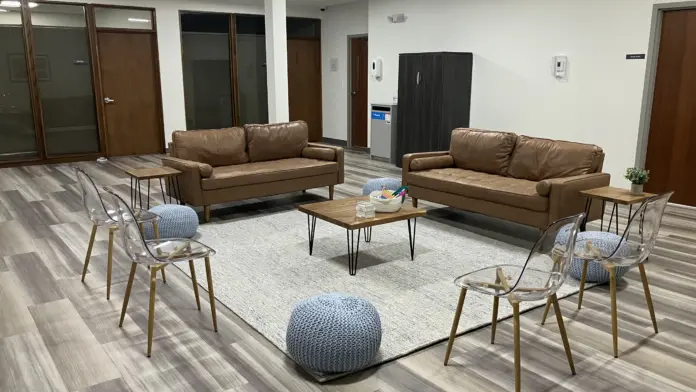
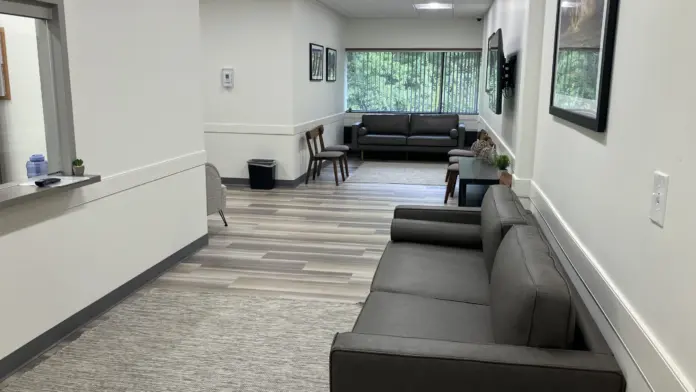
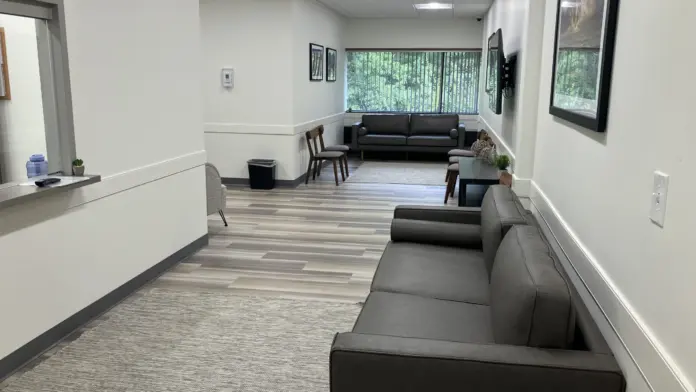
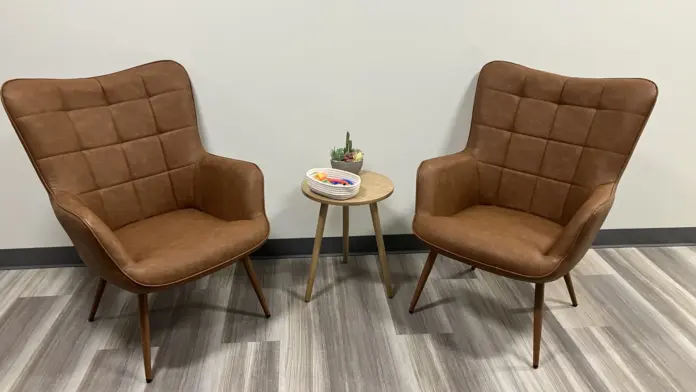
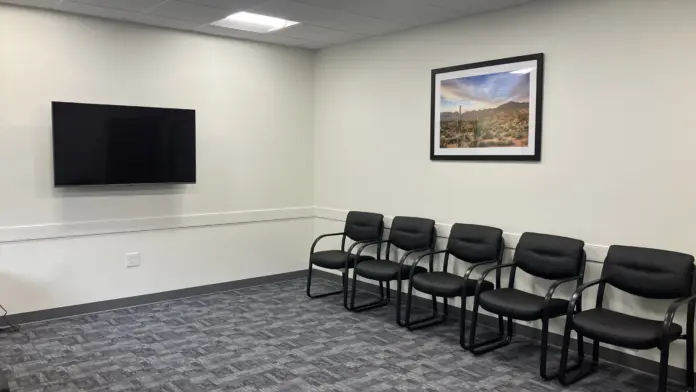
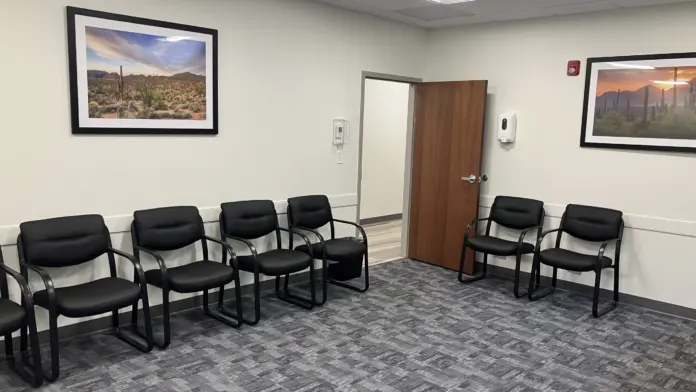
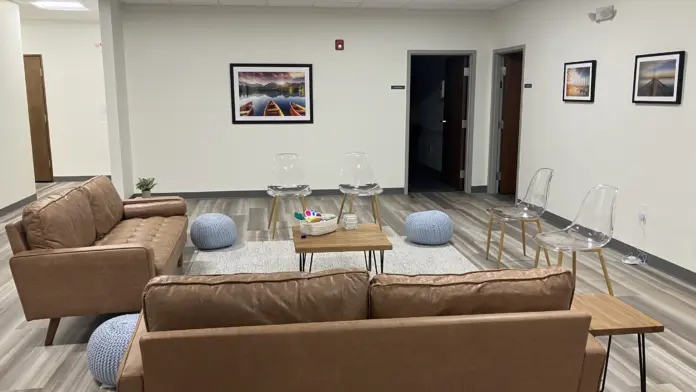
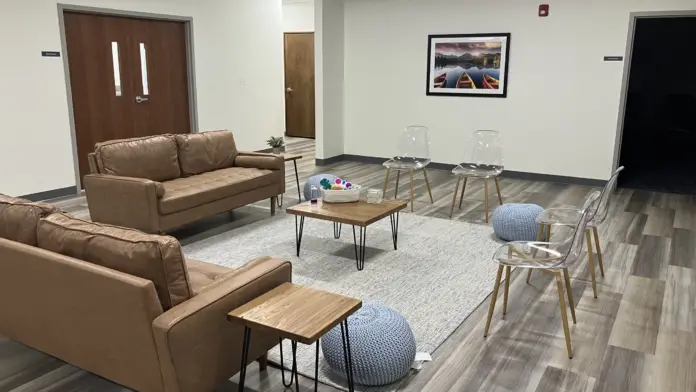
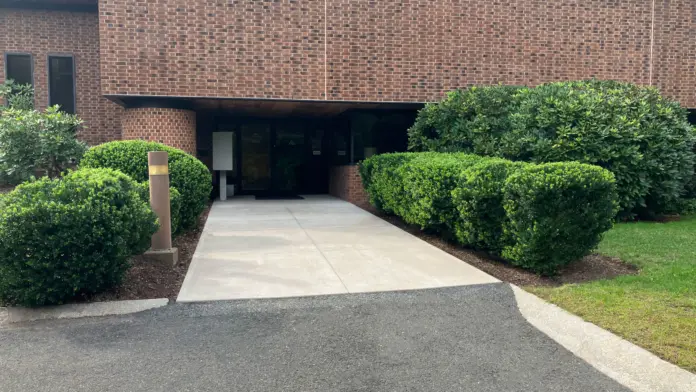
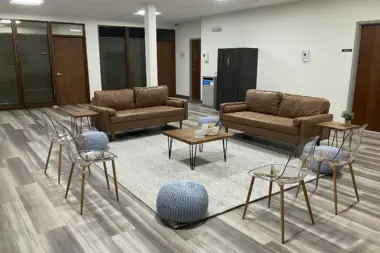
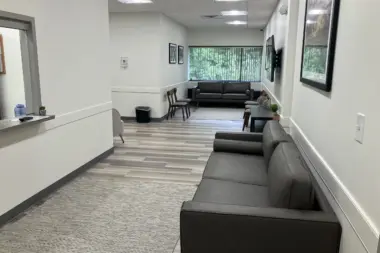
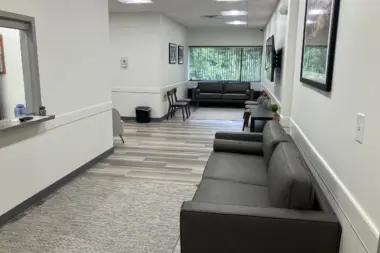
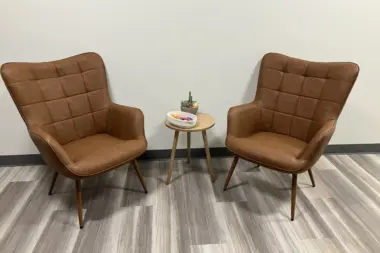
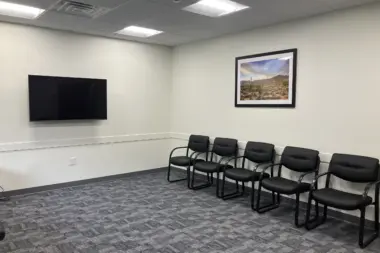
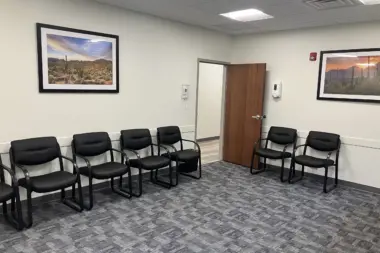
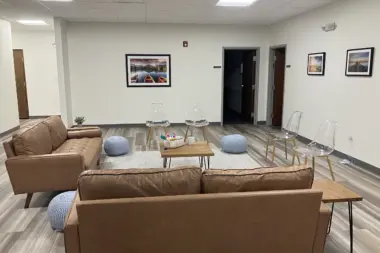
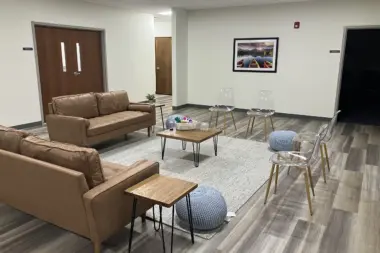
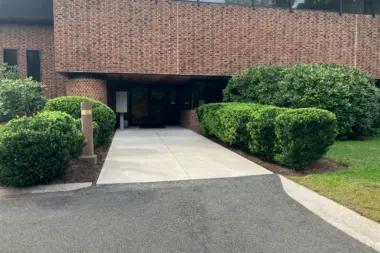
Addiction Treatments
Levels of Care
A partial hospitalization program (PHP) offers short-term intensive rehab for those who don't require 24-hour care. PHP treatment can serve as an alternative to inpatient hospitalization or a step-down option after being released from a hospital or residential program. A partial hospitalization program can provide medication management, relapse prevention strategies, and behavioral therapy interventions. With daily sessions lasting up to 8 hours for up to 5 days a week, the duration can vary with the average being 90 days.
Intensive outpatient programs (IOP) offer robust support for clients who are at an elevated risk of relapse, including those in early recovery and those in crisis. Clients in intensive outpatient treatment typically receive between nine and 20 hours of service per week, with the intensity and frequency of treatment decreasing as clients stabilize. The services provided in these programs vary, but generally include addiction counseling, recovery-focused life skills training, medication assisted treatment (MAT), and holistic therapies.
Outpatient rehabs offer a wide variety of therapeutic programs to address clients' unique and evolving needs. They are generally most effective for clients who have completed inpatient treatment and are medically stable. Most outpatient treatment centers prioritize addiction counseling and recovery-focused life skills training. Many also provide medication assisted treatment (MAT) for clients in alcohol and opioid recovery. Evening, night, and weekend sessions are commonly offered to accommodate clients' schedules.
While in-person visits are necessary in some situations, telehealth appointments in Connecticut can meet many healthcare needs. During a telehealth appointment, you'll meet with your healthcare provider virtually via smartphone or other device to discuss your needs, diagnosis, and treatment.
Treatments
In Connecticut, dual-diagnosis addiction treatment recognizes the importance of addressing both mental health and substance use disorders in their specialized rehab programs, including outpatient, inpatient, medically assisted detox, and partial hospitalization. Using evidence-based therapies like cognitive behavioral therapy, dialectical behavioral therapy, and experiential therapies, addiction experts address substance use disorders and mental health challenges simultaneously, improving recovery outcomes and reducing the risk of relapse.
Programs
Teen programs are designed to address the unique pressures teens face, pressures that can drive them to experiment with dangerous, addictive substances. They need programs that meet them exactly where they are and give them tools for long-term recovery. Therapy can help teenagers understand and work through underlying issues so they can reclaim the life ahead of them.
Adult rehab programs include therapies tailored to each client's specific needs, goals, and recovery progress. They are tailored to the specific challenges adult clients may face, including family and work pressures and commitments. From inpatient and residential treatment to various levels of outpatient services, there are many options available. Some facilities also help adults work through co-occurring conditions, like anxiety, that can accompany addiction.
Recovery is most successful when clients feel accepted and validated by their peers and treatment providers. Facilities that offer LGBTQ-inclusive programming are committed to creating a safe space where everyone can grow and recover without fear of judgment or discrimination. They will have dedicated policies in place to create a safe and supportive environment that fosters free expression.
Serving in the military is both mentally and physically challenging, and can result in trauma that persists even after combat ends. Military programs are tailored to the specific and often complex needs of active duty personnel, veterans, and military families. Clients often access these programs through the U.S. Department of Veterans Affairs (VA).
Clinical Services
Clients participating in dialectical behavior therapy in Connecticut can expect to attend weekly skills focused group meetings as well as one on one sessions with the therapist. Individual sessions usually last one hour, and groups, made up of four to 10 people, last 1.5 to 2 hours. The focus is to help clients accept situations, recognize emotions, and acknowledge the need for change.
According to cognitive behavioral therapy in Connecticut, individuals can change their behaviors by changing their thoughts. Applied to substance use disorder, this can be an effective treatment method to help patients transform their thoughts and lives.
Individual therapy uses evidence based treatment modalities to focus on building a strong therapeutic alliance between yourself and your therapist. This crucial relationship fosters trust that enables you to discuss your struggles and work together to develop effective strategies to overcome addiction.
Group therapy offers insight into behavioral patterns and triggers. This can lead to a better understanding of your addictive behaviors, which in turn promotes sobriety and sustainable recovery. You can share your experiences and strategies you use to overcome triggers and learn new strategies from your peers.
Family therapy sessions work to strengthen the family unit by addressing addiction related conflicts and fostering support between family members. Your therapist guides family members in developing effective communication strategies and creating an environment that aids in your loved one's recovery.
Contact Information
17 Talcott Notch Rd
Farmington, CT 06032